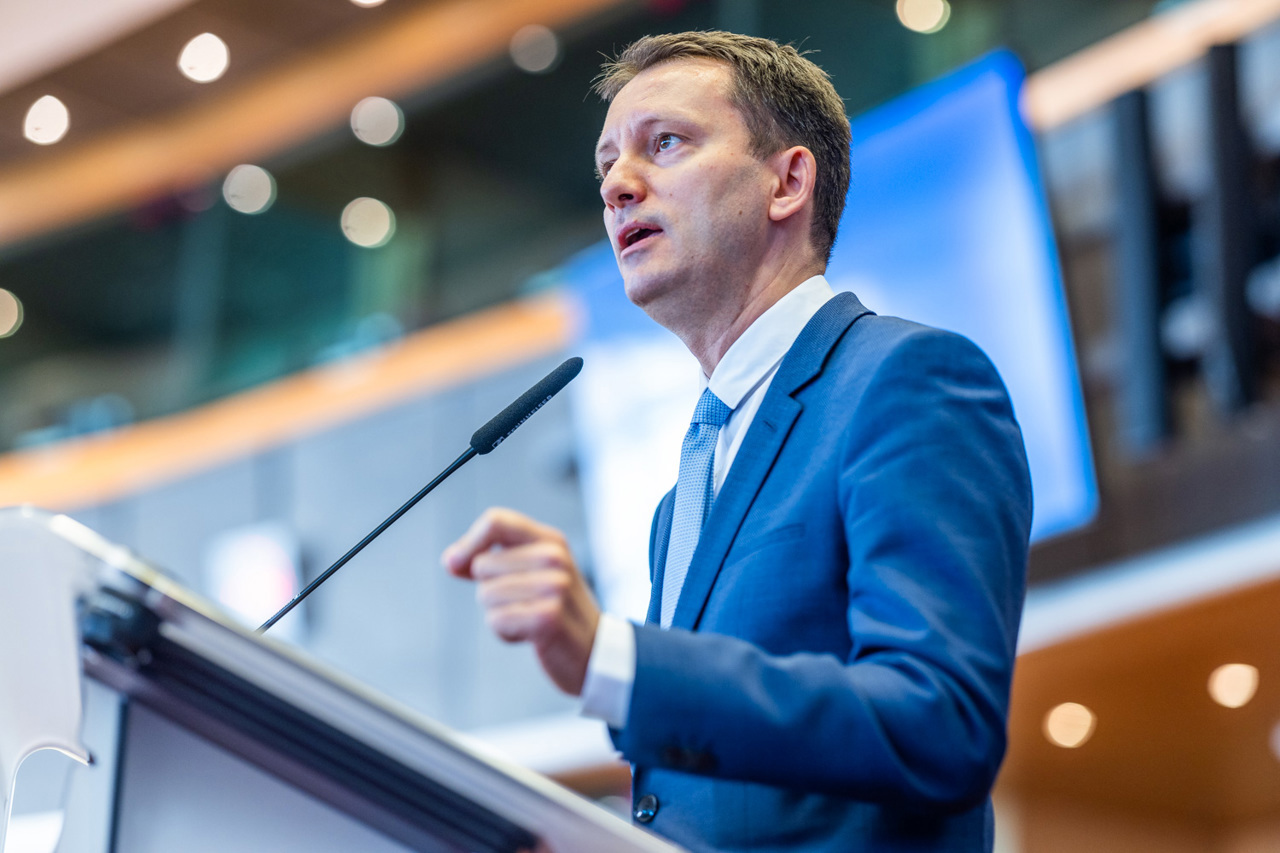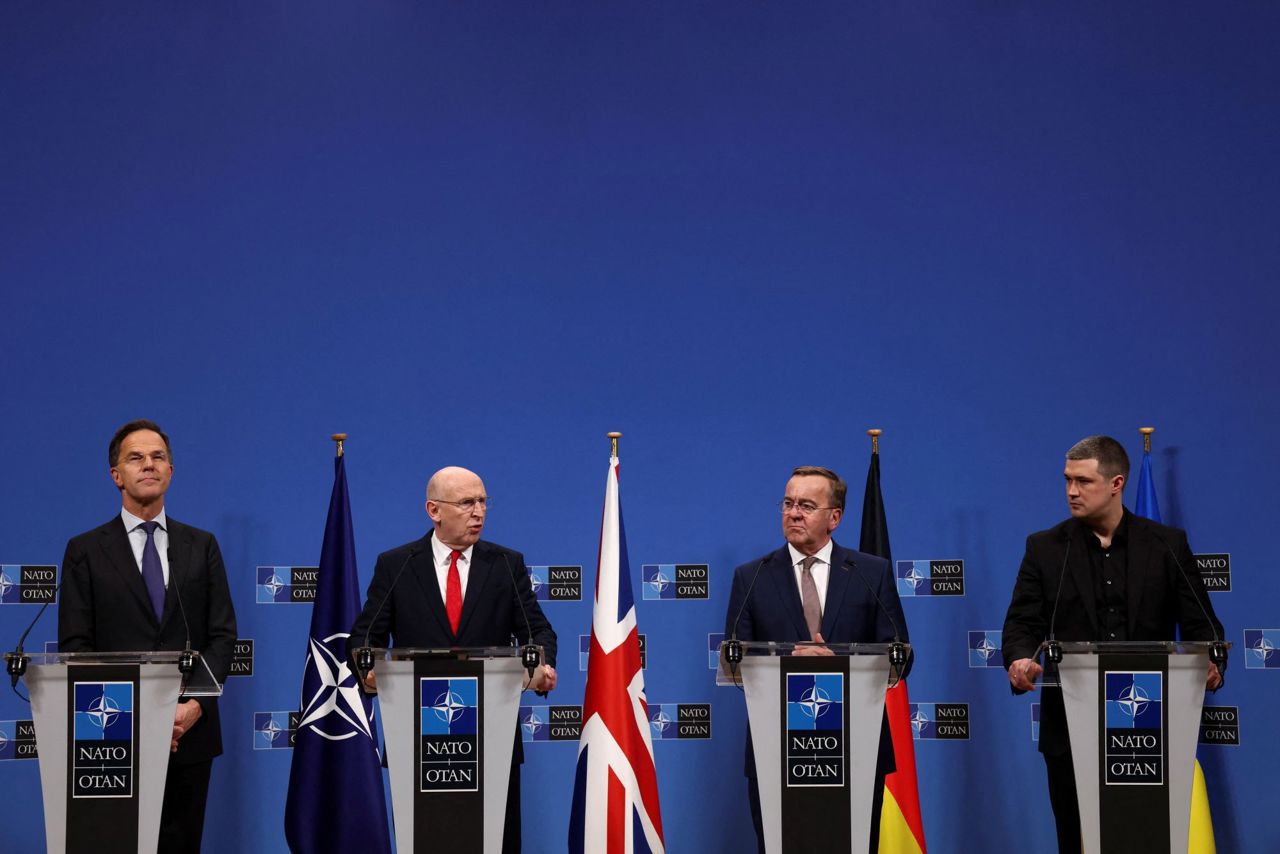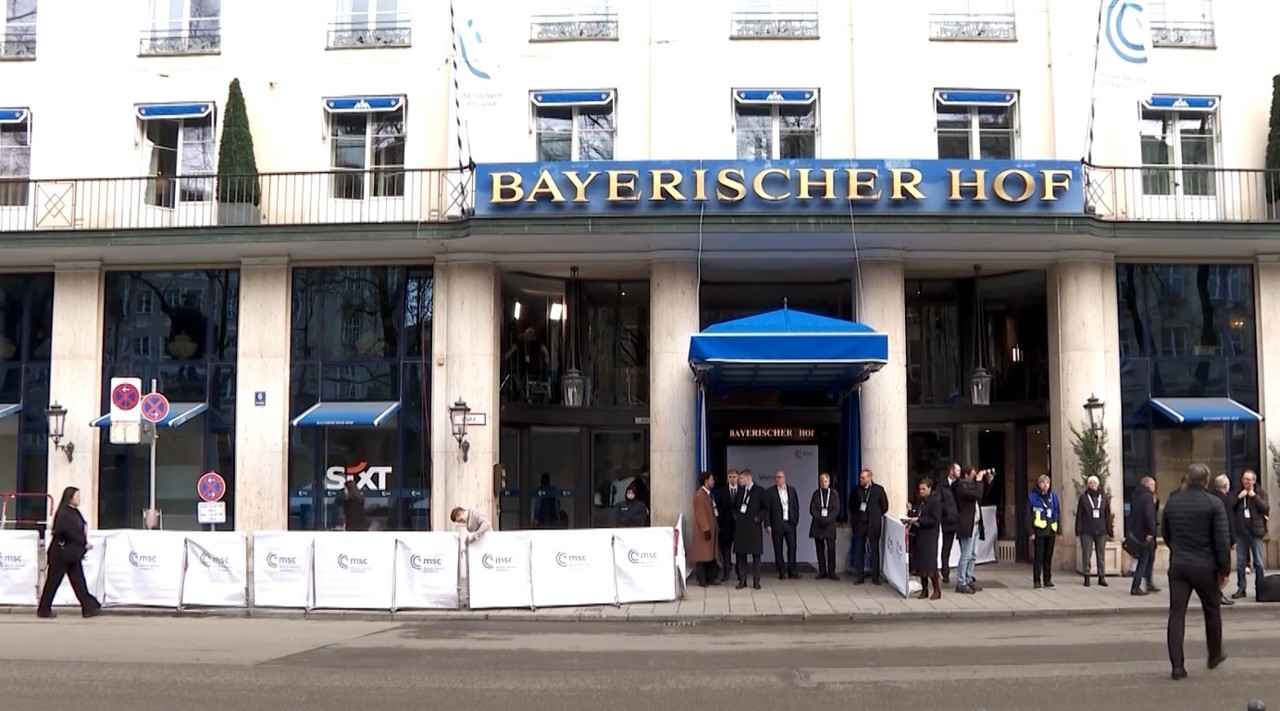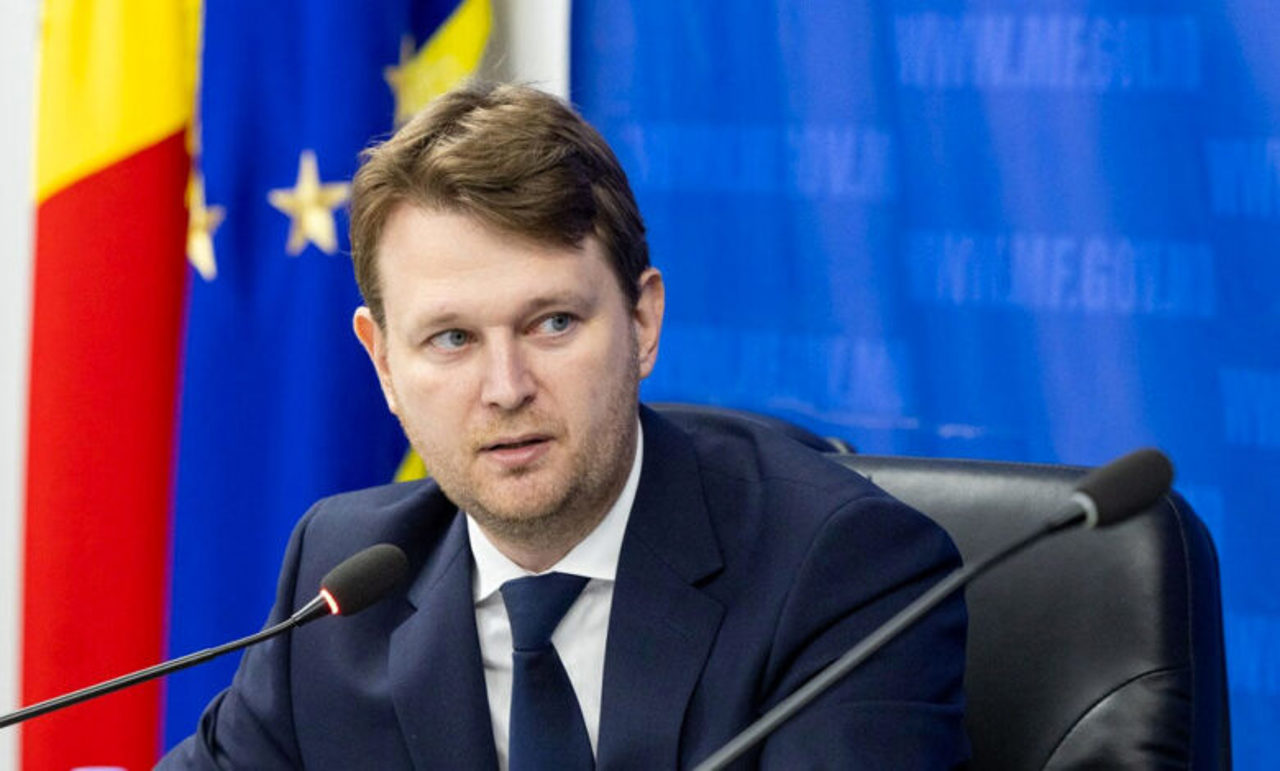EU supports Moldova’s energy independence with €1.8 billion
The European Union supports all citizens of the Republic of Moldova, whether they live on the right bank of the Dniester or in the Transnistrian region.
This statement was made by Member of the European Parliament Siegfried Mureșan during the "Morning with Radio Moldova" show. The official explained that the aid provided by Brussels is not limited to the current energy crisis but aims to help the Republic of Moldova achieve energy independence. Additionally, European leaders are preparing an economic development package worth 1.8 billion euros, which includes significant investments in energy infrastructure to connect the country to reliable suppliers and reduce its dependence on Russia.
"The message is clear: the European Union will always stand by the citizens of the Republic of Moldova. Regardless of whether they live on the left or right bank of the Dniester, or speak Romanian or Russian at home, all citizens of the Republic of Moldova are supported by the European Union. As Moldova moves closer to the European Union, all its citizens will benefit. Gazprom may threaten and blackmail, but the European Union brings warmth and light," said Siegfried Mureșan.
The European Union is granting 30 million euros for the purchase of natural gas from February 1 to 10, which will be used to generate electricity for the right bank of the Dniester at crisis-level prices.
What happens after February 10?
When asked what follows this immediate intervention, Mureșan explained that the 30 million euro package is only a short-term measure. The European Union is working on a broader support plan for the Republic of Moldova, which includes developing energy infrastructure and reducing dependence on Russia.
"The need is urgent, which is why these 30 million euros are allocated for the immediate term. The European Union has announced that it will prepare an additional package to counterbalance the social consequences and help people affected by rising prices. In the European Parliament, we are already working on finalizing an economic growth package of 1.8 billion euros, which will be available from March. Part of this fund can be used for energy infrastructure, including expanding both gas and electricity connections between the Republic of Moldova and the European Union," said Mureșan.
Mureșan also stated that the European Union aims to connect the Republic of Moldova to reliable energy suppliers, thus reducing its dependence on Russia.
"We want to connect the Republic of Moldova as efficiently as possible to serious, reliable energy suppliers. This will allow the country to be supplied predictably, at a fair price, free from threats and blackmail, from open markets, not from markets controlled and manipulated from the East," explained the Member of Parliament.
Mureșan suggested that the EU strategy includes expanding energy infrastructure, especially in collaboration with Romania and the European Union. Financial resources for this will be provided through the European Union’s 1.8 billion euro support package for Moldova.
It is important to note that, as of now, the so-called leaders of Tiraspol have not commented on whether they will accept or reject the offer from Chișinău, supported by the European Union. Recently, Ukrainian authorities also proposed assistance to the Transnistrian region to alleviate the crisis by delivering coal, under certain conditions, even for free, if they produce electricity for both banks of the Dniester and the Odesa region.
Chișinău will lend the Transnistrian region 3 million cubic meters of natural gas. These will be delivered under a loan agreement to be signed between SA "Moldovagaz" and SRL "Tiraspoltransgaz." The agreement will be guaranteed by the European Union, according to the decision of the Commission for Exceptional Situations.
Translation by Iurie Tataru






